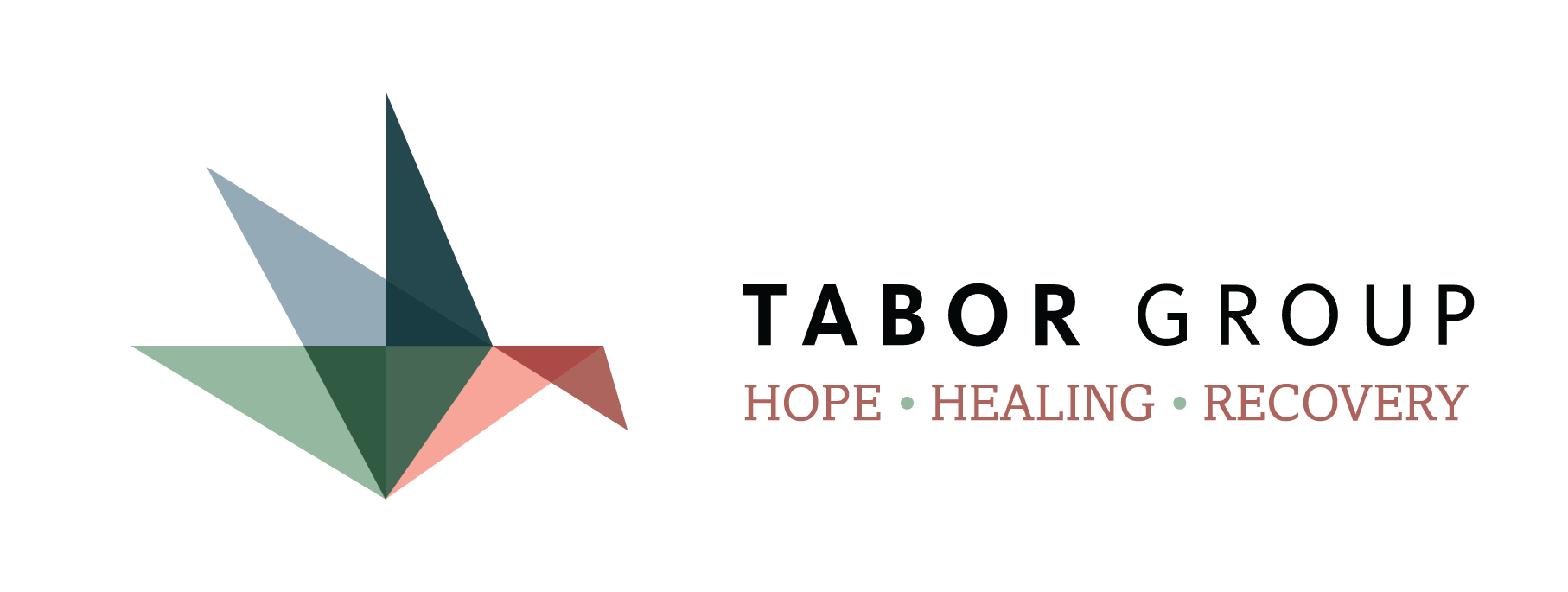Why having a role model helps with recovery
A role model is someone you admire and try to imitate. The most common reason why people will copy someone else is that they believe that it will benefit them in some way. As humans, we learn from each other. It’s called social learning. By watching others, we observe what to do and what not to do. It is possible for role models to have a good or bad influence. This is why celebrities and athletes are heavily criticised when they engage in negative behaviours, such as taking drugs or cheating. The worry is that their fans might be encouraged to copy them.Role models save time and effort
Humans tend to look to other people for clues about how best to navigate life. This means that people can learn without the need to experience everything for themselves. Imitating these role models can save time and effort. If other people make a mistake, it is possible to learn from this. There is no need to repeat the mistake. If people are successful at something, then it makes sense to try to copy their actions. It is particularly important for people who are recovering from an addiction to have good role models. This will allow them to follow a path to success that has already been well-trodden. Early recovery can be particularly difficult, so it makes sense to follow in the footsteps of those who have successful navigated this path previously. A good role model in recovery would be an individual who has built a successful life away from addiction.Motivating
In AA, they advise members to stick with the winners. What they mean by this is that spending time with those individuals who have built a successful recovery is beneficial. It is not only possible to learn a great deal from these individuals, but it can also be highly motivating. They are living proof of what it is possible to achieve in a life away from alcohol and drugs. This encourages the individual to think ‘If they can do it, then so can I’.Who makes a good role model?
A role model can be:- A sponsor who has successfully graduated from a treatment programme
- A family member, or friend, who forms part of a support network
- Someone in the community who offers guidance and encouragement
- An addiction counsellor who is trained to help people through treatment
- A public figure who has shared their struggle with the world
How to choose a role model
Do choose someone with whom you feel a personal connection. Don’t choose someone merely because they are popular. Do choose someone who is available to offer help and support when you need it. Don’t choose someone because they might help you get ahead in business, make money, or expand your network. Try and choose someone who is actively engaged in a local recovery group.How to benefit from a role model
- Such people will be able to offer sound advice about how to make a successful life in recovery. These are people who are talking from experience
- These individuals are positive and such positivity can be contagious
- It is inspiring to see that people can build a great life away from alcohol and drugs
- People who are doing well in their own recovery often want to give something back by helping other people who are finding things difficult
- A role model will be able to set a good example in many areas of life



